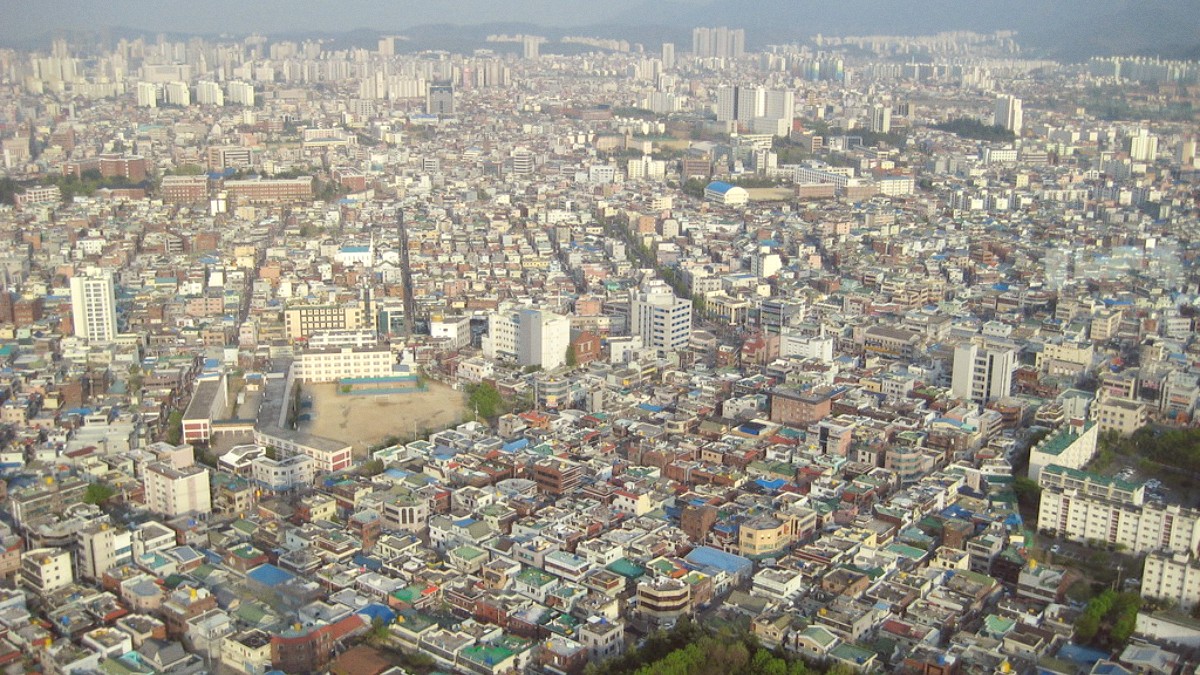
Gyeongsangbuk Do, South Korea
SK Telecom, KT, and LG U+ offer reliable service. Purchase at airports or local stores with your passport.
South Korea offers excellent Wi-Fi coverage at most public spaces, cafes, and hotels.
Korean (Hangul) is the official language. English proficiency varies, with younger people and those in tourist roles often having some English. Outside major tourist areas, English may be limited.
Hello: Annyeonghaseyo (안녕하세요)
Thank you: Gamsahamnida (감사합니다)
Excuse me/Sorry: Joesonghamnida (죄송합니다) or Juseyo (주세요)
Yes: Ne (네) / No: Aniyo (아니요)
Please: Juseyo (주세요) / Check-out, please: Gyesanhaejuseyo (계산해주세요)
How much is it?: Eolmayeyo? (얼마예요?)
I do not understand: Jal moreugesseoyo (잘 모르겠어요)
Do you speak English?: Yeong-eo haseyo? (영어 하세요?)
Banks generally operate 9:00 AM - 4:00 PM, Mon-Fri. Government offices typically from 9:00 AM - 6:00 PM, Mon-Fri. ATMs are widely available 24/7.
Small shops 10:00 AM - 9:00 PM. Department stores (Shinsegae, Lotte) 10:30 AM - 8:00 PM (later weekends), with monthly Monday closures. Convenience stores mostly 24/7.
Lunch from 11:30 AM. Dinner typically until 9:00-10:00 PM. Cafes generally open from 9:00 AM - 10:00 PM or later. Attraction hours vary.
South Korea observes several public holidays that affect business operations.
Many smaller family-run businesses close.
Always verify specific business hours for attractions and establishments during your visit, especially around holidays.
Navigating local customs with respect and awareness.
A slight bow is customary, especially for elders. A handshake may accompany it with Westerners. Use polite forms of address like '-ssi' or '-nim'. Casual wear is generally fine, but modest dress covers shoulders and knees at religious sites.
Tipping is not customary; service charges are usually included. Remove shoes when entering homes and some traditional restaurants.
Daegu works towards accessibility, though some older areas might present challenges.
Most Daegu subway stations have elevators, accessible restrooms, and tactile paving. Some older stations have limited features.
Major modern attractions are generally accessible. Older historical sites may have stairs or uneven terrain.
The Korea Tourism Organization (KTO) website (english.visitkorea.or.kr) provides information on accessible travel within Korea, including specific city details. Local disability organizations might also offer support, typically in Korean. A tour operator specializing in accessible travel is a consideration for specialized assistance.